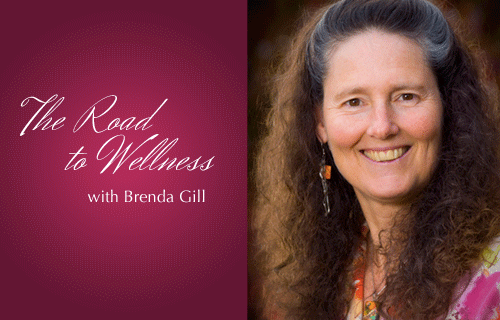Improve Your Eyesight
As we age, many people are extending their reach to read a book or are reaching for “cheaters” or reading glasses. This can be due to a number of issues.
The muscles that are required to contract and expand to focus can sometimes get lax, so, eye exercises certainly helps. Also, the macula, which is a portion of the retina in the back of the eye that is responsible for fine vision can degenerate and is the leading cause of visual loss in persons 55 years or older. This is a result of free radical damage similar to the type of damage that induces cataracts.
The risk factors include aging, smoking, atherosclerosis and hypertension. We can certainly stop smoking, minimize saturated/hydrogenated foods and manage our stressors effectively to deal with the last three risk factors, but, we can’t do anything about physical aging. However, we can do something about physiological aging! Here are some of the nutrients, herbs and foods that may be helpful:
1. Anthocyanidins-These are constituents that act as anti-oxidants. The strongest are found in Bilberry extracts and Ginkgo biloba. These plant extracts are more potent in their anti-oxidant and free radical scavenging activity than any other nutritional anti-oxidant. They also are more specific to the eye. Bilberry is also used for poor day and night vision, glaucoma and diabetic retinopathy. It also reinforces the collagen structures of the retina. Ginkgo is also used for insufficient blood flow to the brain. It helps prevent lack of oxygen and free radical damage to the retina and macula. The foods that have the highest anthocyanidins are berries, such as cherries, blueberries, blackberries, raspberries, elderberries, strawberries and huckleberries.
2. Vitamin C/Vitamin E/Selenium/Zinc/Beta-caroteneare all anti-oxidants. Therefore, these are all important to have in the diet or as a supplement to minimize damage to the eye by free-radicals. The highest sources of Vitamin C are the dark coloured fruit such as cherries, berries, plums and prunes. Vitamin E is highest in seeds and nuts as well as fish. Selenium and zinc are highest in seeds and nuts and beta carotene is in those red/orange vegetables like squash, carrots, yams and red peppers. You can also use Vitamin A, highest in fish, that will convert to beta carotene in the body. So, increasing these in your everyday choices of food will help your eyesight.
3. Luteinis another specific anti-oxidant, a type of carotenoid. These are found in high concentrations in kale, spinach and chard. They are also specific to the eye ad protect the retina from damage, especially from sunlight.
4. Alpha-lipoic acidis a wonderful anti-oxidant that is unique in that it is effective against both water and fat soluble free radicals. It improves eye health as well as heart health, since it helps to convert carbohydrates to energy. A food source is nutritional yeast and organic liver.
5. Foods– Avoid rancid foods and other sources of free radicals, such as deep fried foods. Increase legumes such as pinto, black, kidney, aduki and mung beans. These are high in sulphur-containing amino acids that decrease damage.
6. Water– As always, make sure you are flushing those free radicals through the system with ½ your body weight in ounces of water or herbal infusions.
7. Eye Health Formula– You can buy a formulated capsule with a combination of anthocyanidins like zeoxanthin, lutein, bilberry with a mix of the carotenoids like Vitamin A, Vitamin C and Vitamin E. Never buy a tablet since they absorb very poorly, about 10% and have binders, fillers and stabilizers that the body has to eliminate.
8. Eye exercises– You can improve the muscular function by closing one eye and focusing the other eye on print close to you until it comes into focus and then on print at least 2-3 metres from you until it comes into focus and go back and forth at least 15 times. Repeat with the other eye. This will get those lazy muscles in shape and you will be able to focus much better.
Brenda Gill is a naturopath practising in Rossland, BC.
























